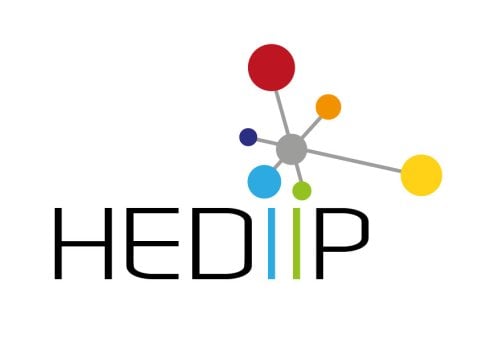The Unique Learner Number in higher education
The Unique Learner Number (ULN) is a 10-digit reference number which is used alongside and to access the Personal Learning Record of anyone over the age of 13 involved in UK education or training.
Learners will retain the same number for accessing their Personal Learning Record throughout their lives, whatever their level of learning and wherever they choose to participate in education, training and learning.
The ULN can also help learners throughout their lifelong learning, particularly when accessing careers advice.
The ULN has been used in schools and further education since 2008 and is now being adopted in higher education
Where can learners find their ULN?
Learners in England, Wales, and Northern Ireland will be given their ULN by their school or FE college. It may also be printed on their exam certificate by awarding bodies. The ULN also appears on the student’s Lifelong Learning Account, which they can access through the National Careers Service.
Where should learners be using the ULN? What are the benefits?
You should communicate the ULN to learners and ask them to enter their ULN in UCAS Apply when applying for HE courses.
The Personal Learning Record is an online record which includes learning achievements and verified qualifications such as GCSEs, NVQs, BTEC awards, and A levels, as well as work-based learning which learners have achieved from the age of 16.
Higher education admission tutors will need the learner’s ULN to access the Personal Learning Record, should they want to verify entry qualifications that are not currently provided by UCAS.
A benefit of using the ULN – for both students and HE providers – is that higher education applications and course registrations can be processed without applicants having to provide paper qualification certificates.
Learners can access their Personal Learning Record to view their verified qualifications through the Lifelong Learning Account (which can be viewed from nationalcareersservice.direct.gov.uk).
In addition, UCAS and the Learning Records Service are exploring how the ULN could be used to streamline applications to higher education. Higher education qualifications can be uploaded by universities and higher education providers into the Personal Learning Record, enabling learners to share their qualifications online with employers and professional bodies, if they wish to do so.
What is the benefit for the school/college?
The ULN is being collected by universities and higher education providers. This will enable the ULN to be used to analyse progression rates from schools, from further education through into higher education. Improved analysis of progression statistics will support the development of more effective widening participation initiatives and improved student support services.
Summary
- Learners should know their ULN, keep it safe, and enter it on their UCAS application.
- Learners will be able to share their Personal Learning Record with higher education admissions tutors and in future, with employers and professional bodies.
- The ULN should enable schools and colleges to get better information through improved data linking and sharing to measure progression.
Exceptions
The Unique Learner Number will be adopted in phases. Initially, the following exceptions apply:
- Scottish domiciled students do not have a ULN – they use the Scottish Candidate Number (SCN), and international students will not be allocated ULNs yet.
- Mature students who have not undertaken FE study since 2008 may not have been allocated a ULN.
- Many students from independent schools will not have been allocated ULNs yet.
Key links
Further information on the adoption of the ULN by HE can be found at www.hediip.ac.uk/the-uln-in-he, or by contacting the Higher Education Data and Information Improvement Programme (HEDIIP) at info@hediip.ac.uk.
General information on the Learning Records Service is available at gov.uk, at www.gov.uk/government/collections/learning-records-service.
Learners who would like to access their Personal Learning Record should use the following link to create their Lifelong Learning Account: nationalcareersservice.direct.gov.uk.